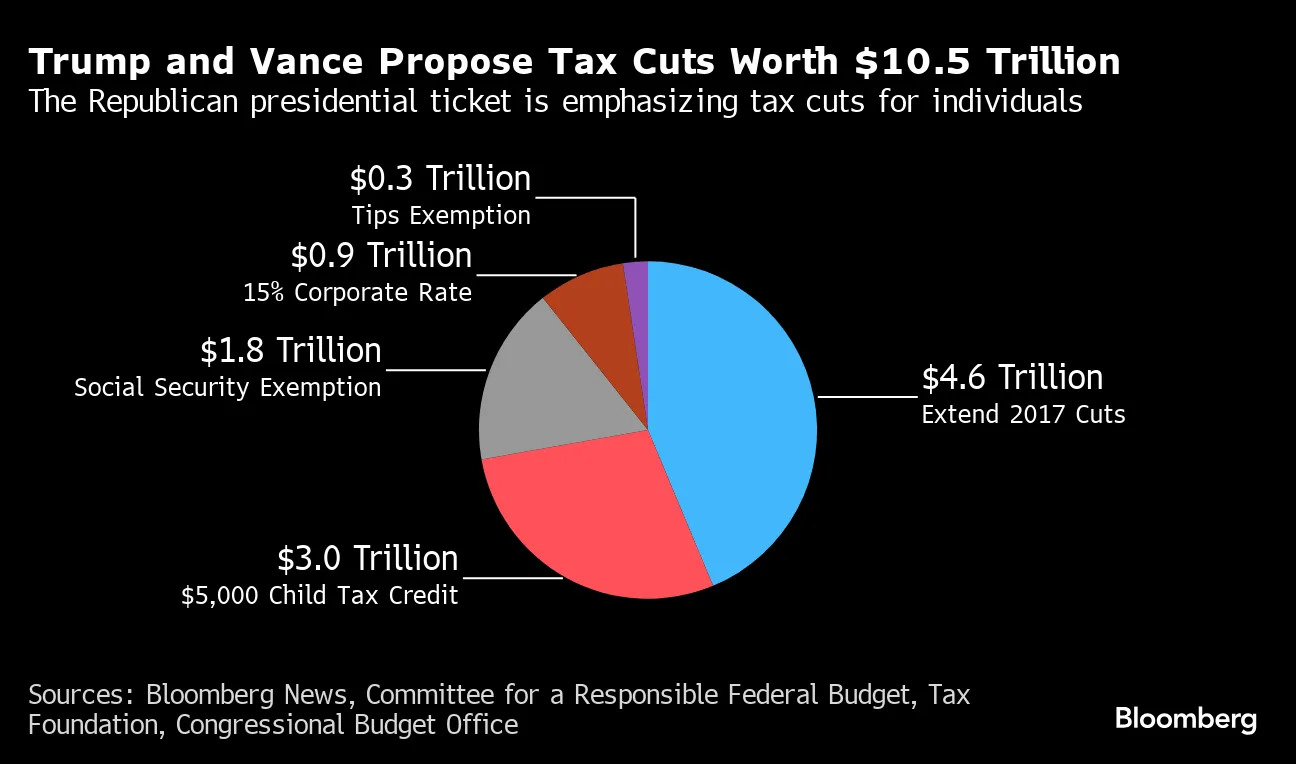
Ma Xue, Associate Fellow, Institute of American Studies, China Institutes of Contemporary International Relations
Jan 30, 2026
Polices to address the cost of living and housing in America are central to the White House’s voter outreach, but they are not without risks and potential downsides in the long run. Trump’s policies may win some voter support but will not generate momentum for long-term economic growth.
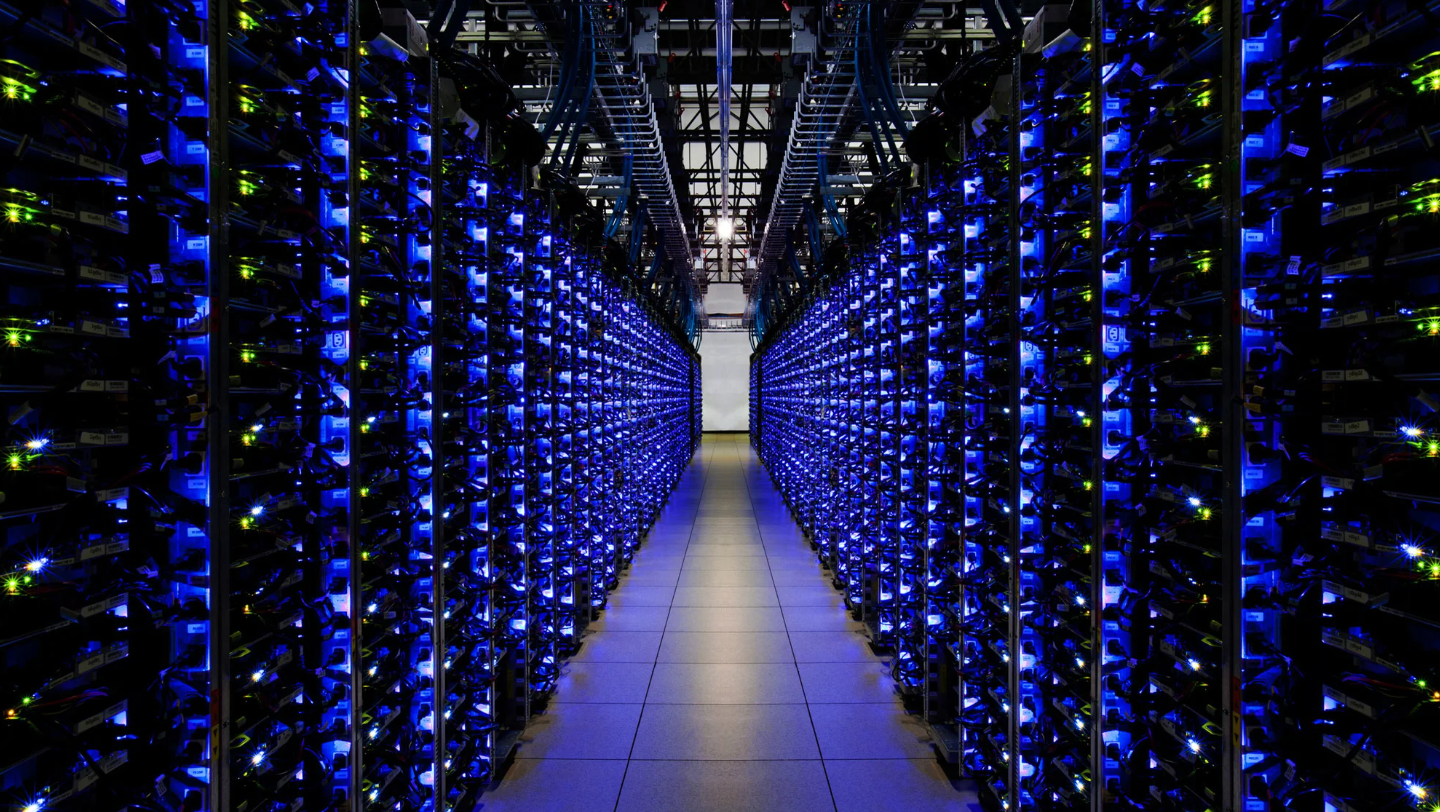
Yu Xiang, Senior Fellow, China Construction Bank Research Institute
Dec 19, 2025
The recently released 2025 NSS, shows the limits of decoupling. Defending core interests while designing layered mechanisms that preserve cooperation is the only rational way for the United States and China to avoid mutual destruction and global stagnation.
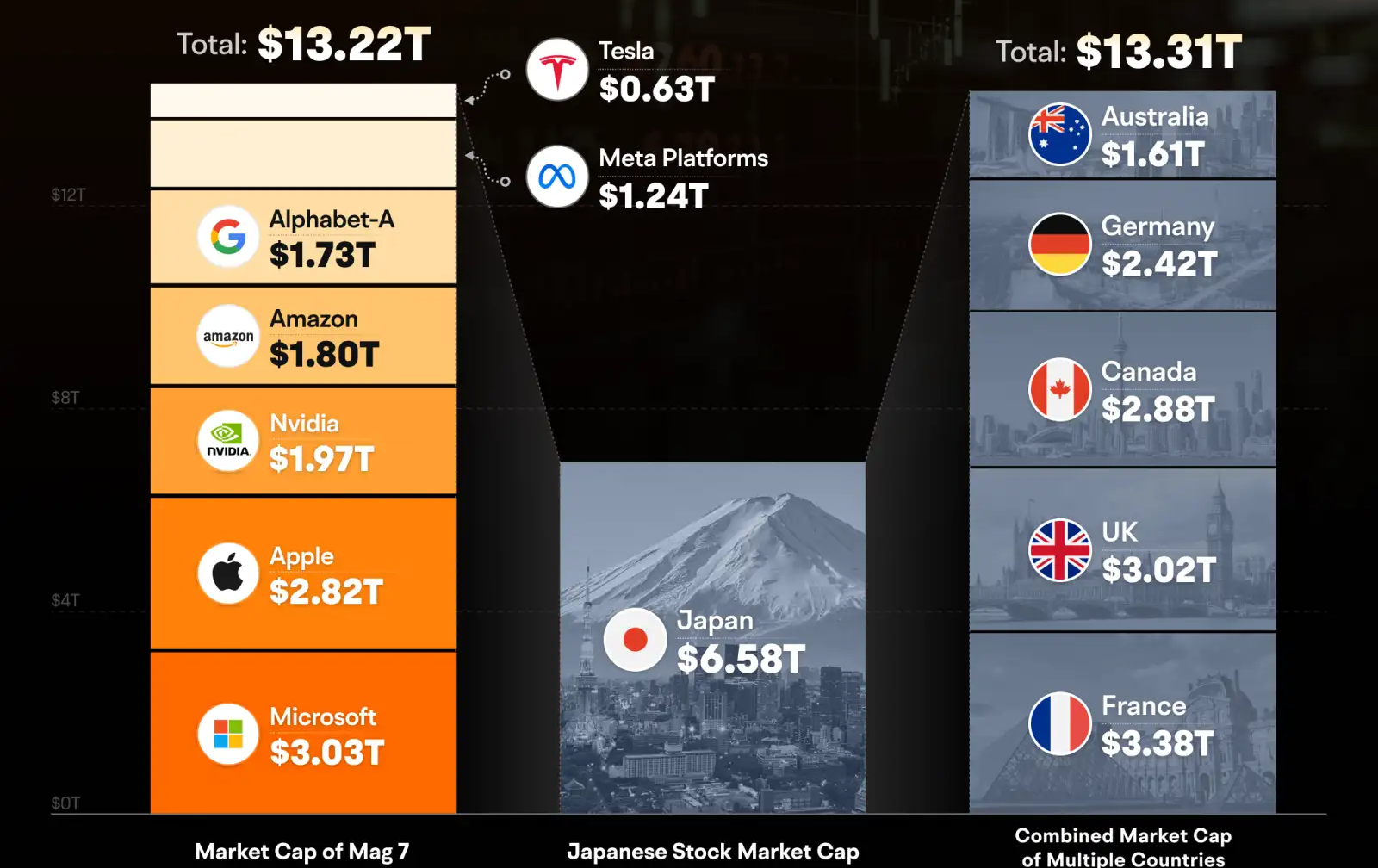
Wang Lei, Assistant Research Fellow, Institute of World Political Studies, CICIR
Nov 21, 2025
The Trump administration is fundamentally transforming the relationship between the private sector and the U.S. government. As American capitalism evolves, the underlying logic of the global economy is quietly changing with it.
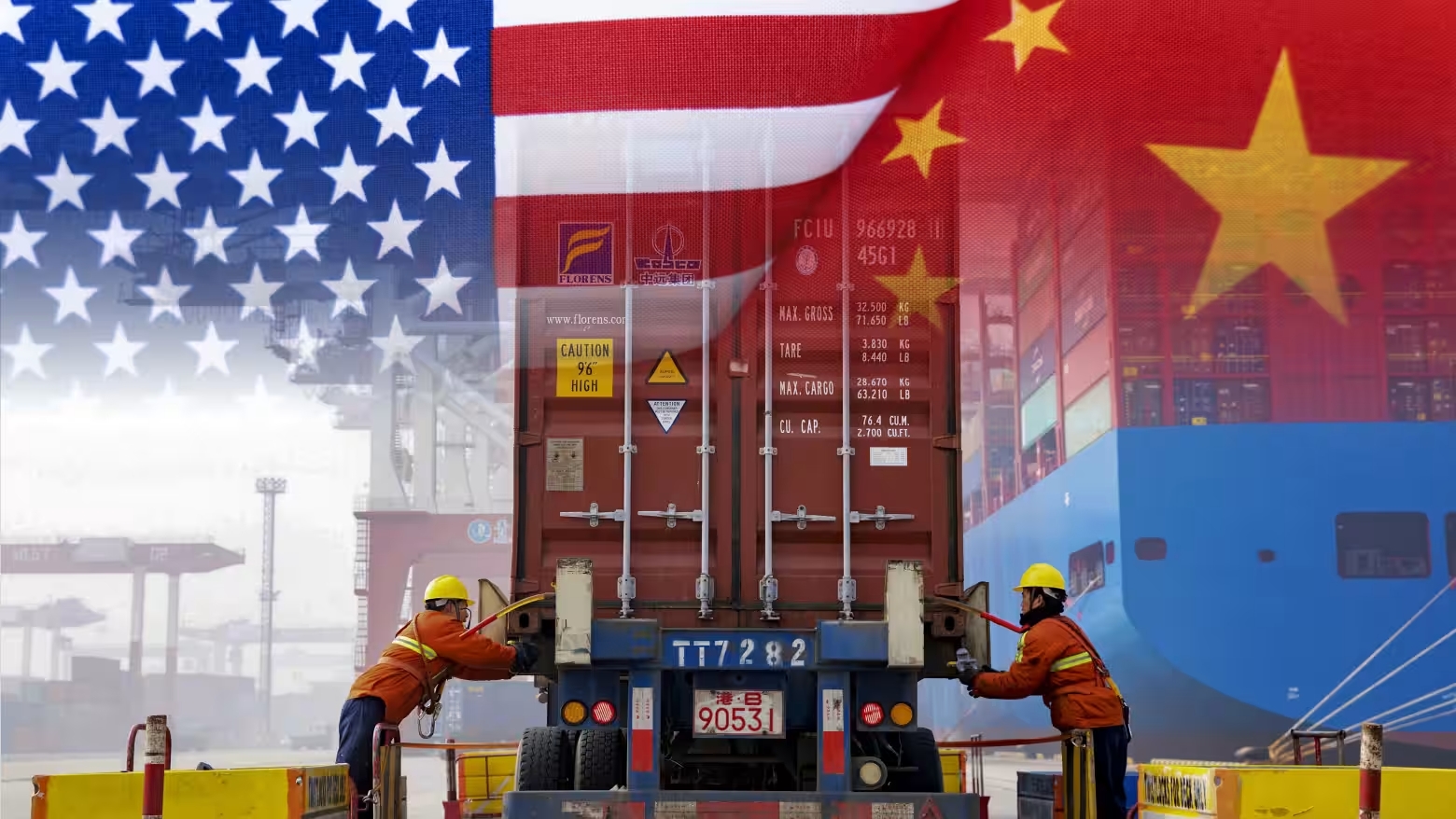
Warwick Powell, Adjunct Professor at Queensland University of Technology
Nov 10, 2025
In the geopolitical theater of 2025, the United States’ trade posture toward China exemplifies a pattern of escalating threats that yield diminishing strategic returns.
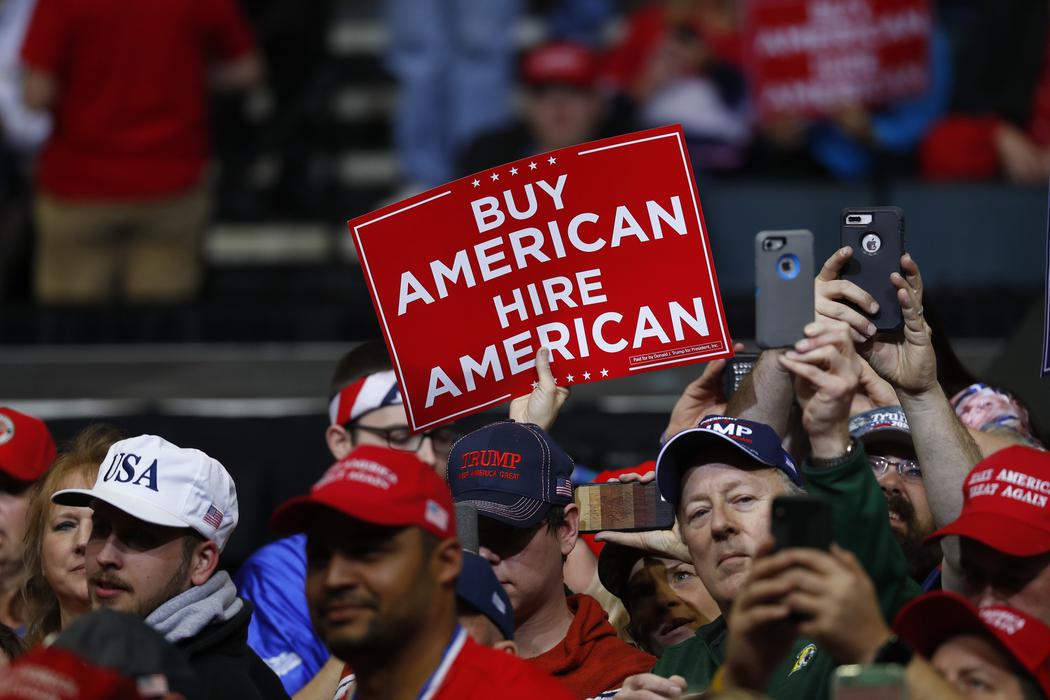
Ma Xue, Associate Fellow, Institute of American Studies, China Institutes of Contemporary International Relations
Oct 27, 2025
Donald Trump’s tariffs — the cornerstone of his economic agenda — are closely linked to inflation, revenues, spending and the reshoring of manufacturing. They are the key to assessing Trump’s economic impact, but they come with profound uncertainty.
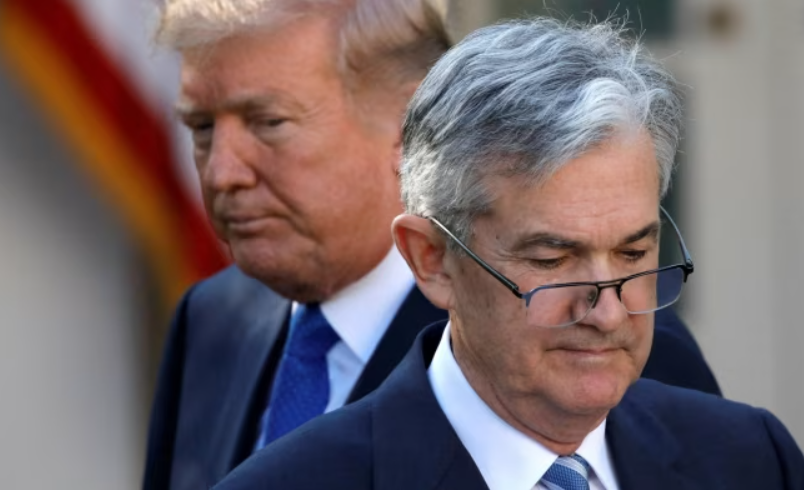
Han Liqun, Researcher, China Institutes of Contemporary International Relations
Oct 09, 2025
The unusual movements of U.S. Treasuries and the dollar reflect not only a global reassessment but also questions about America’s national power and international standing. The dollar’s hegemony may soon face a critical turning point.
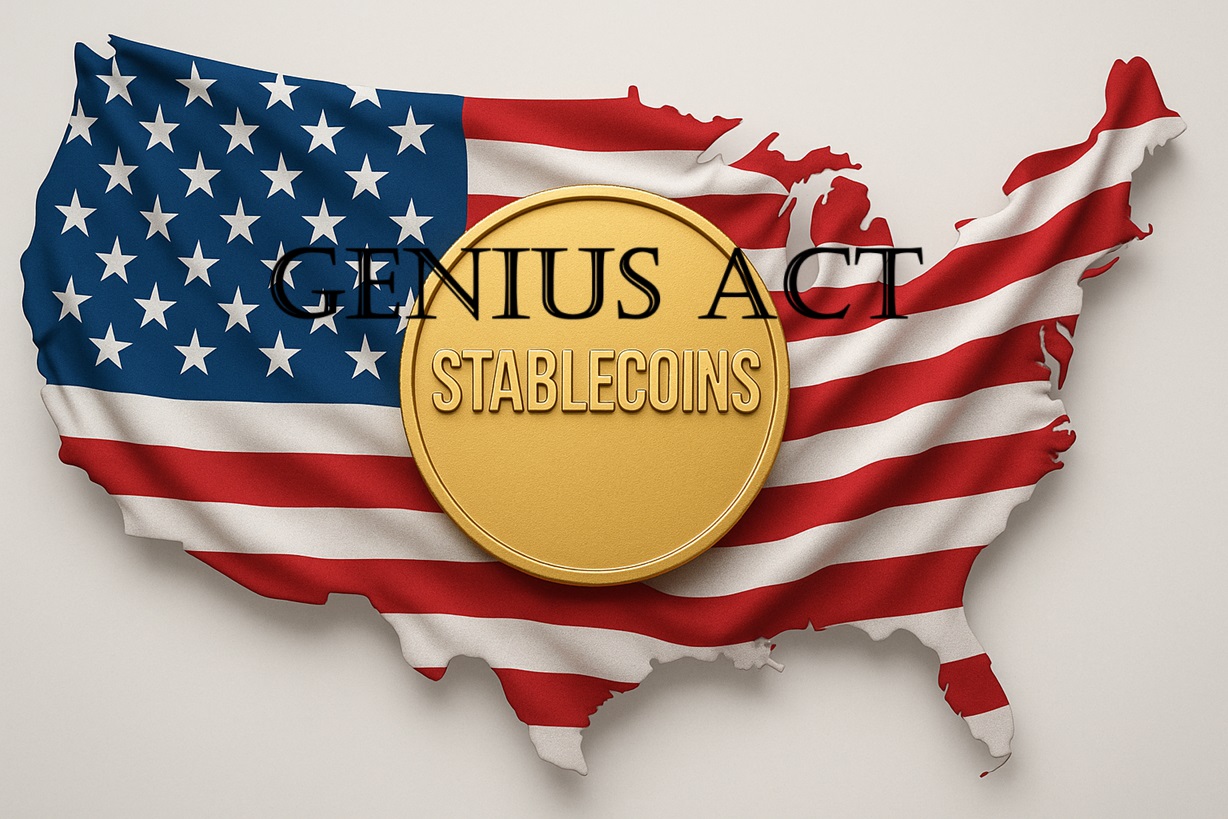
Yu Xiang, Senior Fellow, China Construction Bank Research Institute
Oct 02, 2025
Both the U.S. and China share an interest in preventing illicit finance, strengthening cybersecurity and ensuring global stability. What happens next will depend less on technology than on values and governance.

Zhang Monan, Deputy Director of Institute of American and European Studies, CCIEE
Aug 22, 2025
The special administrative region has become a pioneer in institutional and technological innovation. Its recent initiative represents a significant opportunity for the region and a crucial step in China’s broader efforts toward the internationalization of the yuan.
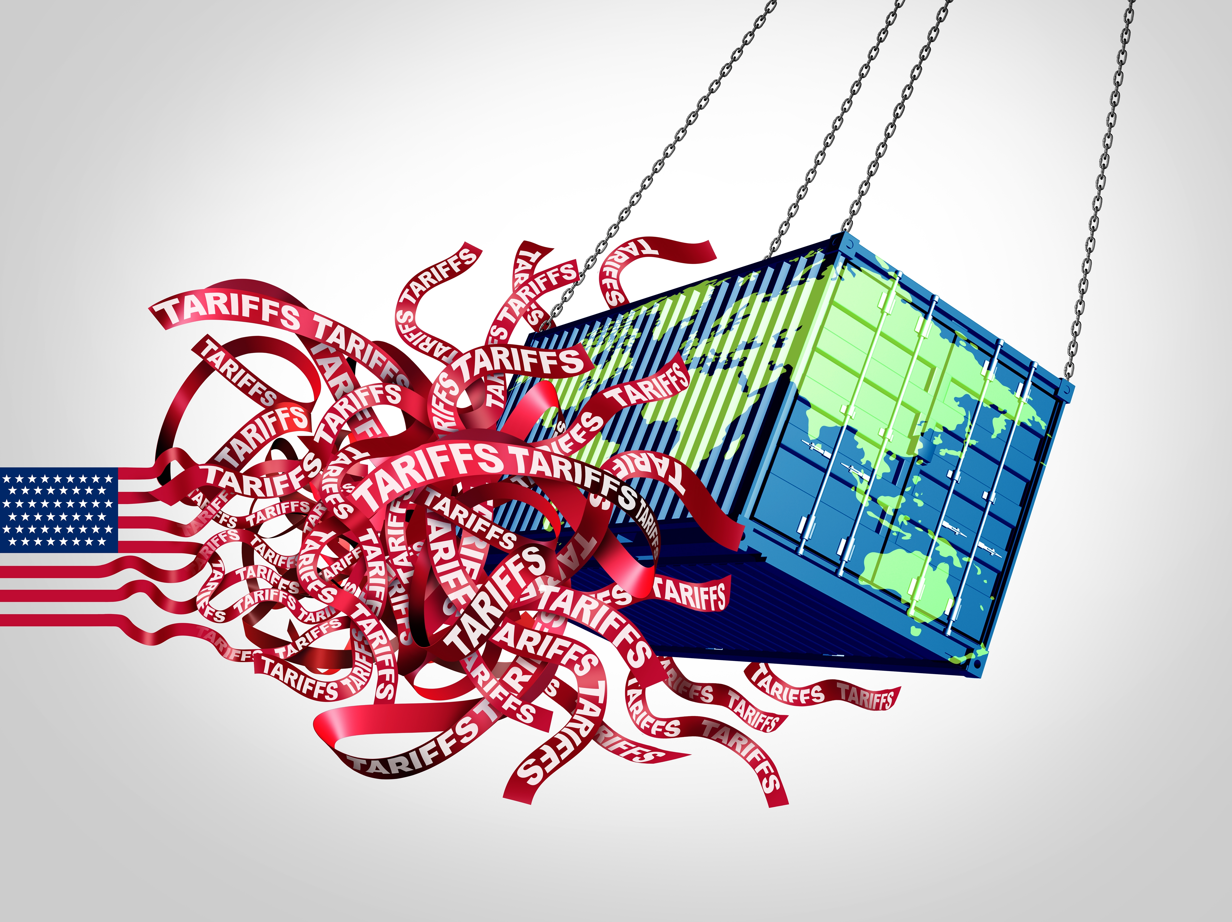
Alicia Garcia Herrero, Chief Economist for Asia Pacific at NATIXIS and Senior Fellow at Bruegel
Aug 04, 2025
The U.S.’ expanded tariffs under the second Trump administration are reshaping global supply chains by imposing steep, targeted duties and pressuring Asian economies to invest in American production. As manufacturing shifts away from China and its neighbors, countries like Mexico may benefit, while India risks being left behind.
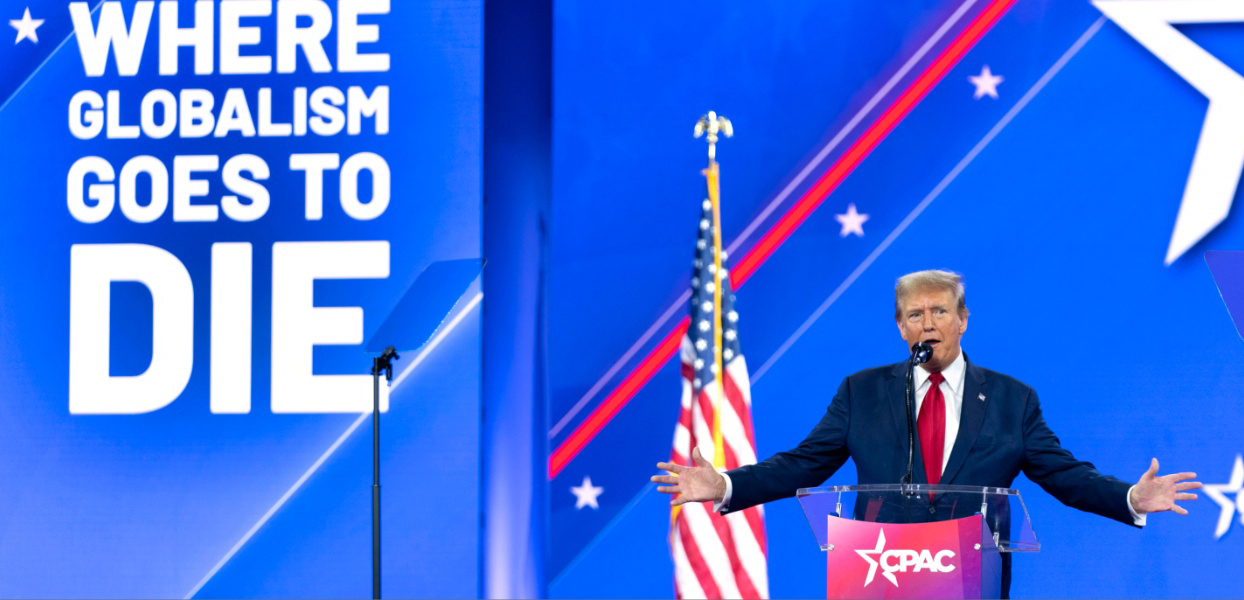
Li Yan, Director of President's Office, China Institutes of Contemporary International Relations
Aug 01, 2025
The U.S. president’s policies have fueled deglobalization and disrupted the existing international order, but they have also pushed countries around the world to explore new models of cooperation and foster new approaches to trade.
Back to Top

- China-US Focus builds trust and understanding between the U.S. and China through open dialogue among thought leaders.
- Our Offerings
- Topics
- Videos
- Podcasts
- Columnists
- Research Reports
- Focus Digest
- Stay Connected
-
Thanks for signing up!
- Get the latest stories from China-US Focus weekly.